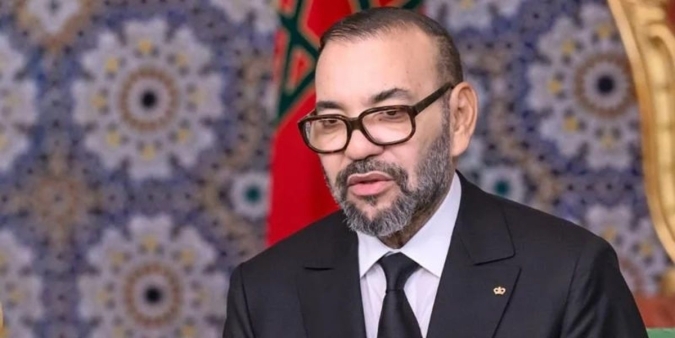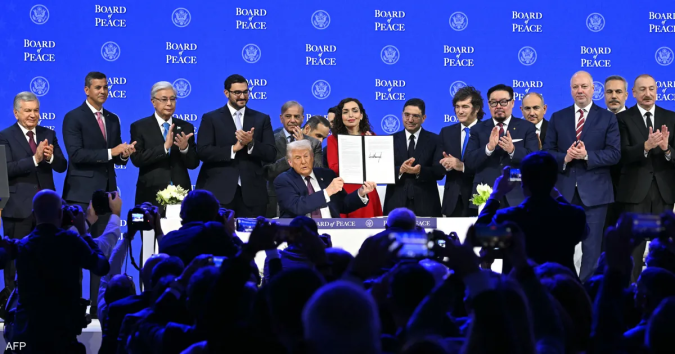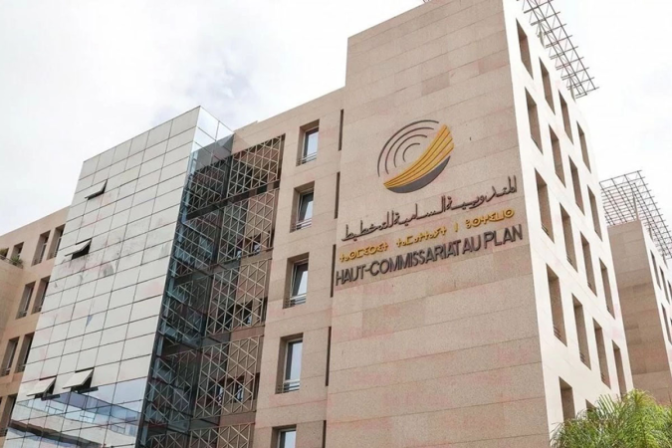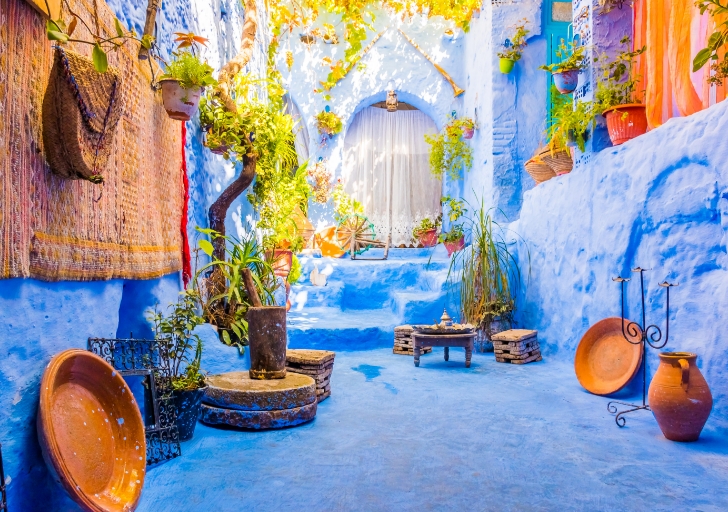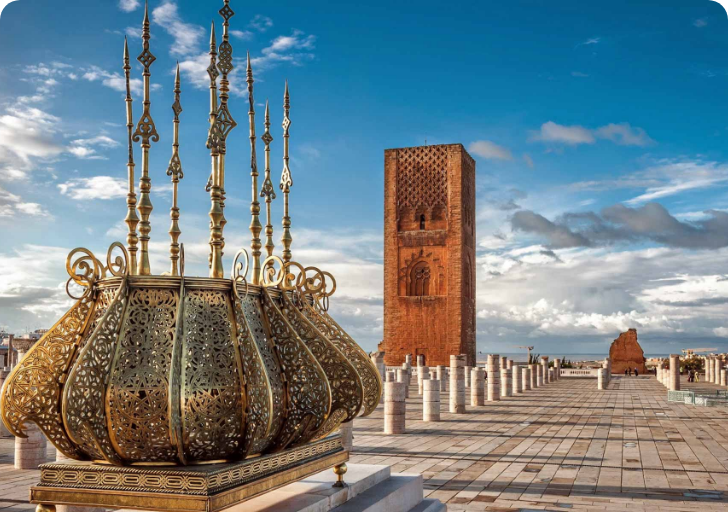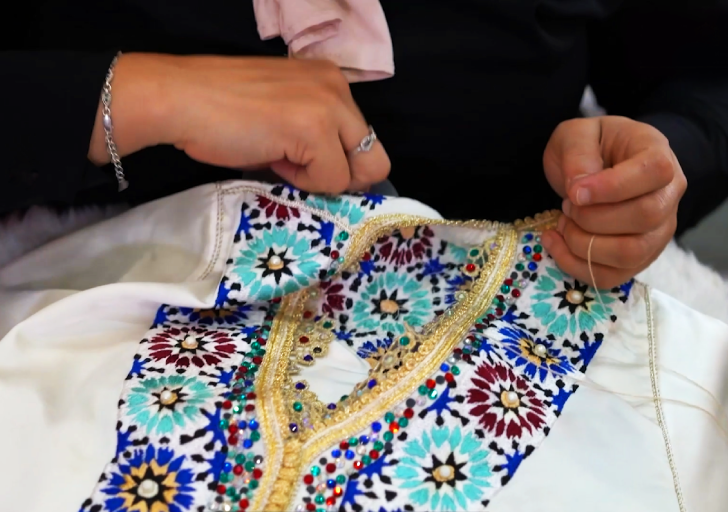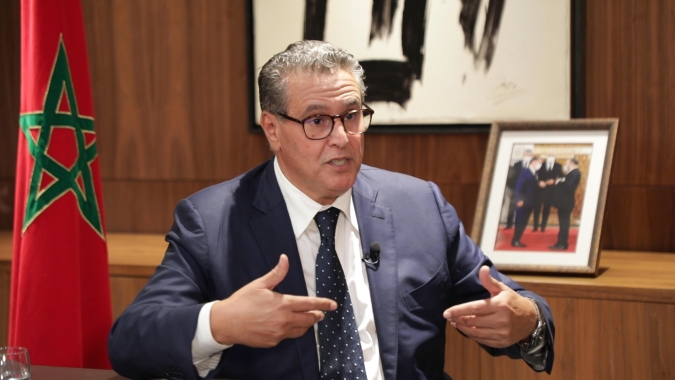
Morocco has implemented a series of sweeping socioeconomic reforms to reinforce its development trajectory under the leadership of HM King Mohammed VI, Head of Government Aziz Akhannouch said on Tuesday.
Speaking before the House of Councilors during a monthly policy session, Akhannouch said the government’s agenda aims to stimulate the national economy, improve living standards, and ensure a dignified life for citizens.
“These reforms are a cornerstone of the Kingdom’s modernization process and a response to the need for sustainable, inclusive development,” the Head of Government told lawmakers during a session focused on the country’s economic and financial balance sheet and its impact on investment and job creation.
Akhannouch highlighted a major increase in public investment, rising from 230 billion dirhams in 2021 to 340 billion dirhams in 2025. This uptick is intended to act as a catalyst for sectoral strategies and key infrastructure projects, while laying the groundwork for a new generation of high value-added private investment.
The government has also enacted a new investment charter designed to enhance Morocco’s appeal to both domestic and foreign investors. Most of the organic laws needed to operationalize the charter have already been adopted, Akhannouch said. One of the key measures includes a decree to support Very Small, Small and Medium-Sized Enterprises (VSMEs), which account for 80% of formal employment. The decree outlines incentives including job creation bonuses, regional development subsidies, and support for strategic industries.
"These incentives are tailored to foster a more balanced territorial development and to target sectors with high potential for economic takeoff,” the Head of Government said.
Akhannouch also pointed to progress on broader strategic frameworks, including the Morocco Digital 2030 agenda, the 2023–2026 tourism roadmap—which targets 17.5 million tourists, 120 billion dirhams in foreign exchange earnings, and 200,000 new jobs—and the national plan for improving the business climate.
He said work is advancing on critical infrastructure projects, particularly those related to water and food security. The government has accelerated implementation of the 2020–2027 national drinking water and irrigation program, with 18 billion dirhams allocated in 2025 alone.
On the energy front, Morocco is pushing ahead with renewable energy development and has launched a new roadmap to promote green hydrogen, as part of its broader push for energy sovereignty.
The Head of Government reaffirmed the government’s commitment to diversifying Morocco’s economic foundations in light of ongoing technological and environmental shifts. Efforts are underway to accelerate the digital transition and build a more resilient, green economy, Akhannouch said.
MAP: 15 July 2025
